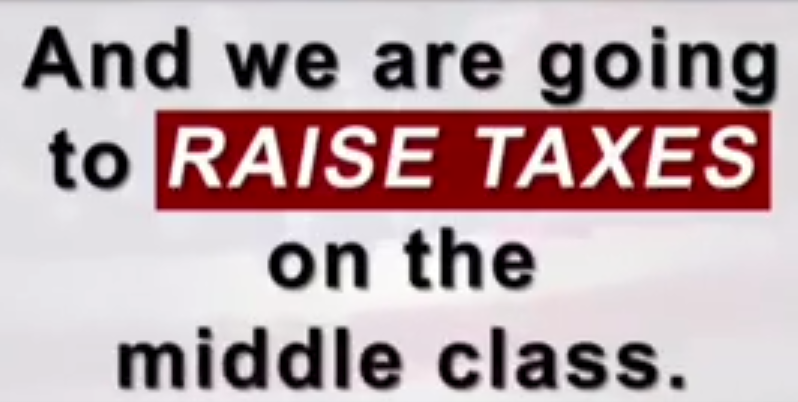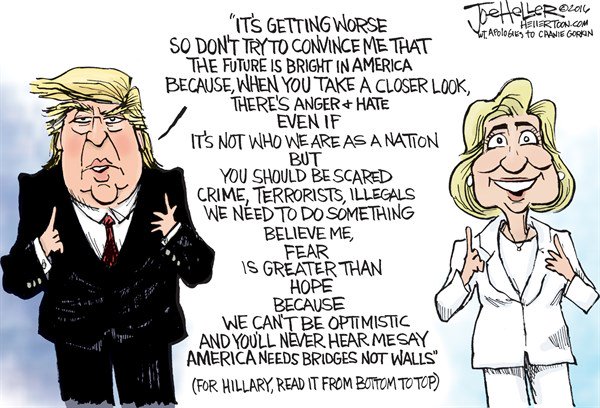You know, I mean
Almost a decade ago, Matt Hutson asked me whether "there are underlying personality differences between people who punctuate (litter?) their speech with 'you know' versus those who use 'I mean' more frequently" ("I mean, you know", 8/19/2007). I wasn't able to offer any insight into personality associations, but looking in the LDC conversational speech corpus, I did find some associations with age, education, and gender.
Recently I've been transcribing some political speeches and interviews, and I've noticed that Hillary Clinton and Donald Trump are rather polarized on this dimension.
Read the rest of this entry »


